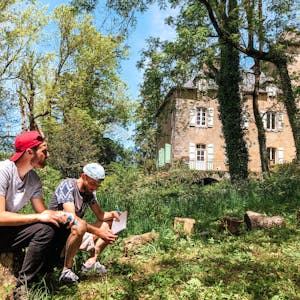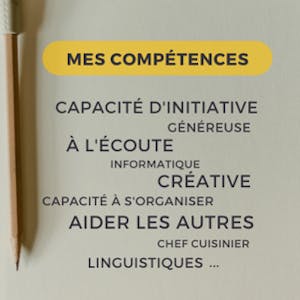Entrepreneurship in the territories: is it the right time?

Primary Roles And Responsibilities
Facilitators are designed to work on national priorities that add the greatest value to forest governance strengthening. Tasks will vary in accordance with context specific challenges and opportunities, however Facilitators will pursue the results below:
Strengthened design and implementation of forest governance reform processes , by facilitating:
> The identification of areas for forest governance reform and the design of processes to achieve those reforms;
> The identification of potential impediments to forest governance reform ambitions and strategies for addressing these;
> The increased use of quality deliberation within forest governance reform processes.
Improved Quality Of Deliberative Processes , By Facilitating
> The mapping key stakeholders to be included in deliberative processes;
> The involvement of non-government stakeholders, particularly local civil society groups, representatives of community platforms and the private sector;
> The design and implementation of quality events within deliberative processes.
Improved Coordination Among Key Stakeholders, By Facilitating
> The coherence and co-ordination of all projects that aim to promote forest governance goals, such as illegal logging;
> Coordinated donor approaches;
> Synergies between multiple forest governance processes, such as may involve the legality and sustainability of forest-related commodities (including timber), BMRC, carbon credit schemes, mining and NDCs.
Increased National Monitoring, Evaluation, And Learning , By Facilitating
> Ensure that any progress made in strengthening forest governance or any other significant lessons learned from implementation that may inform processes elsewhere are clearly documented;
> Ensure that information on the requirements of emerging international market standards and legislation related to the trade in timber products and agricultural products grown on forest land is effectively communicated to relevant stakeholders;
> Support national learning from international experience through initiatives that promote south-south exchanges such as learning exchanges and international learning events.
Essential Criteria
> Extensive proven experience in development in a governmental, international, or civil society organization in a multi-cultural setting, with a track- record of success in senior-level management responsibilities.
> Experience in policy and multi-stakeholder dialogues related to forestry, agriculture, the environment, or socio- economic issues.
> Proven experience working within complex governance processes involving a diverse array of stakeholders with often divergent interests.
> A solid understanding of the complexities involved in the governance of natural resources, encompassing technical, economic, social, cultural, political, and legal dimensions.
> Soft skills including communication skills, emotional intelligence, self-awareness, tact, diplomacy, empathy, cultural sensitivity.
> Competence in conflict resolution.
> In-country experience.

Climate change. Conflict. Inequality. Palladium works with governments, businesses, investors, and communities to solve the world’s most pressing challenges.
Discover all the resources to inspire and guide you in the world of positive impact. Testimonials, analyses, job descriptions and skills of tomorrow, everything you always wanted to know without daring to ask.






You no longer thrive in your work, and you plan to change profession to find more meaning in your professional life? Discover the resources to help you think about a retraining project and find your way.